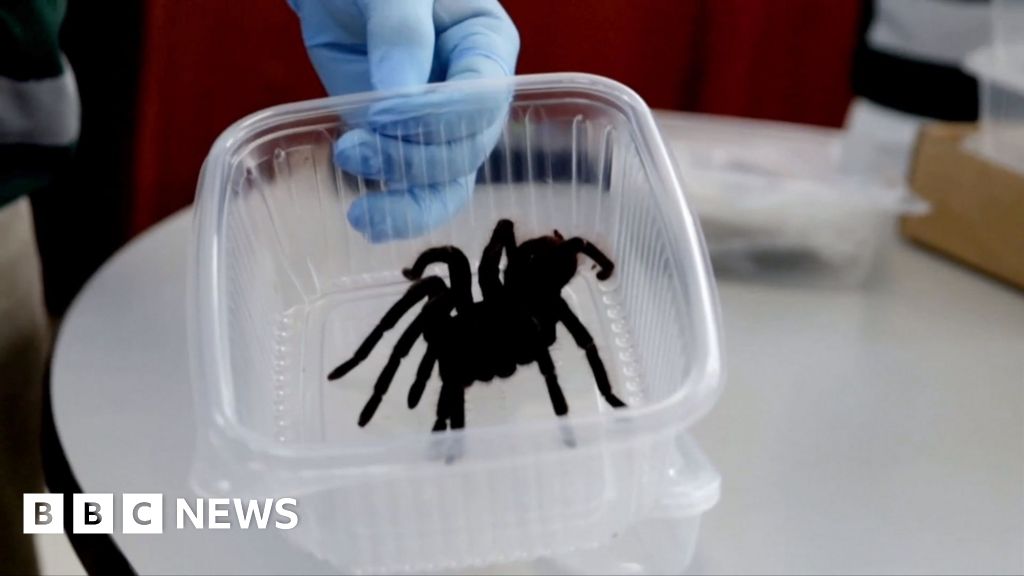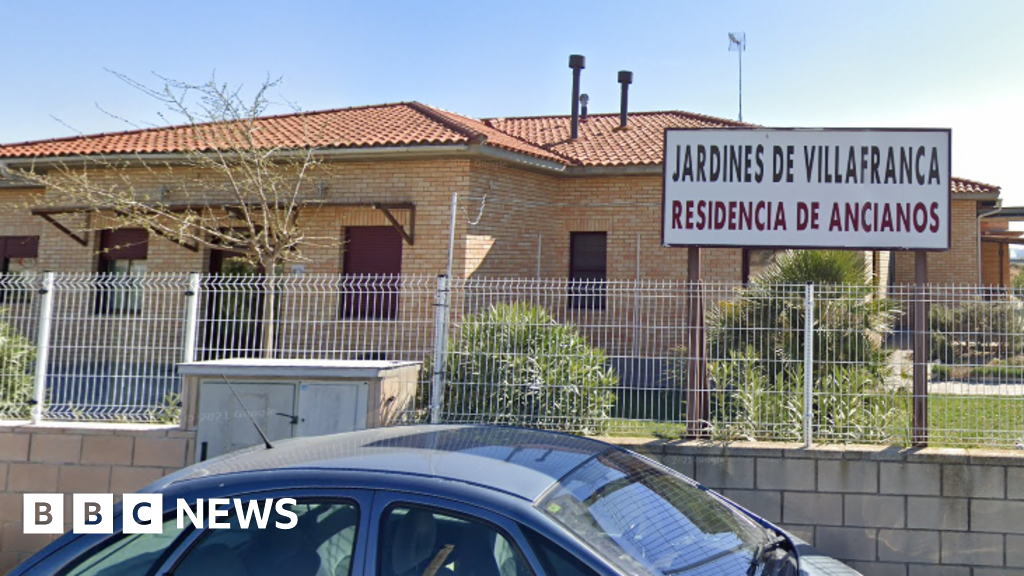ARTICLE AD BOX
image source, Reuters
image captionMany deaths may never be accounted for, the report saysAt least 350,209 people have been killed in 10 years of war in Syria, the UN says in its first official death toll since 2014.
Its human rights chief cautioned the figure is "certainly an under-count of the actual number of killings".
The war in Syria has largely wound down with just a single province now controlled by jihadists and rebels.
At its height in 2015, armed groups had taken over large swathes of the country, but the intervention of Russia in an aerial campaign on the side of Syrian President Bashar al-Assad turned the tide in his favour.
The fighting began in March 2011 when opposition supporters took up arms after security forces opened fire on demonstrators demanding more freedoms under President Assad's authoritarian rule.
The UN officially stopped counting deaths in the conflict in January 2014 because, it said, it had become impossible to accurately document the constantly growing toll, relying as it had been on the co-operation of a diminishing number of non-governmental groups on the ground to do so.
In March this year, when the war reached its tenth year, the UN Human Rights Council (HRC) requested the human rights office resume trying to determine the number of people killed.
Reporting to the HRC on Friday, UN human rights chief Michelle Bachelet said "complex and painstaking work" had established that 350,209 identified individuals - civilians and combatants - had been killed between March 2011 and March 2021.
Ms Bachelet said of those deaths, women accounted for about eight per cent, as did children.
"Behind each recorded death was a human being, born free and equal, in dignity and rights," she said. "We must always make victims' stories visible, both individually and collectively, because the injustice and horror of each of these deaths should compel us to action."
Ms Bachelet pointed out that the headline figure was not "a complete number of conflict-related killings... [but] indicates a minimum verifiable number, and is certainly an under-count of the actual number of killings".
She said records with only partial information had been excluded from the toll, indicating a wider number of killings which have yet to be documented, along with many other cases where victims have been killed without a trace.
BBC correspondent Bethany Bell says establishing the true scale of deaths is a complicated and difficult undertaking, but UN officials say it is crucial to enable people to seek accountability.
It is also part of efforts to account for the huge number of missing people, a cause of anguish and uncertainty for families and communities, she adds.
Thousands more had been tortured or killed in custody, according to their report detailing alleged war crimes and crimes against humanity.

 3 years ago
32
3 years ago
32








 English (US)
English (US)